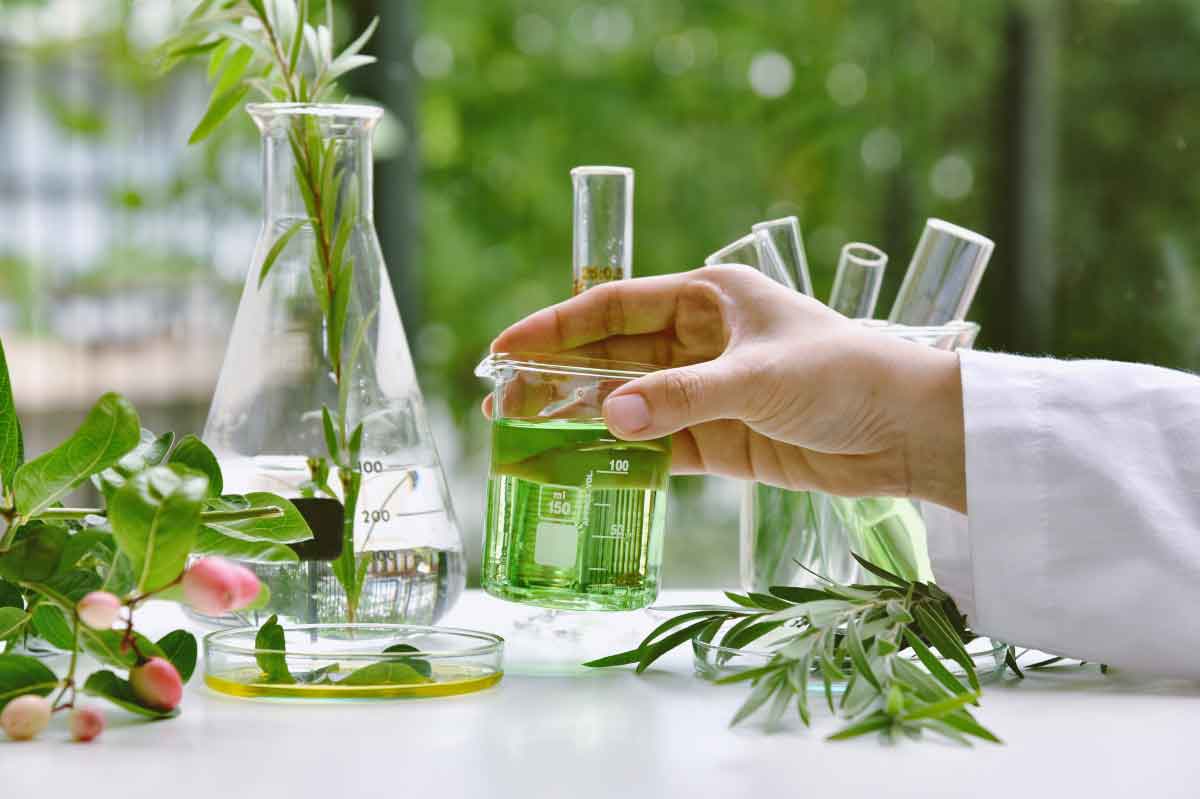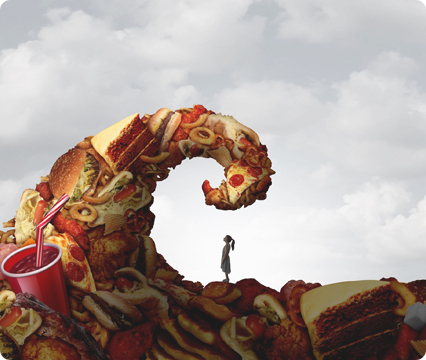Pathogenesis and treatment of depression: Role of diet in prevention and therapy
In recent years, depression rates have surged, partly due to the COVID-19 pandemic. If left untreated or improperly managed, depression can be life-threatening, as it is a primary cause of suicide attempts. This condition arises from multiple factors, and conventional pharmacotherapy often fails to achieve satisfactory results. As a result, growing attention is being given to the potential benefits of natural healing substances and nutrients in food, which may play a crucial role in both the treatment and prevention of depressive disorders. Maintaining a well-balanced diet is essential in reducing the risk of depression and can complement psychological and pharmacological treatments. Conversely, poor dietary habits may decrease the efficacy of antidepressant medications or increase their adverse effects, potentially leading to severe health risks.
The Role of Diet and Nutrition in Depression Management
The purpose of this study by Mrozek et al. (2023) was to evaluate the body of knowledge about the causes and treatments of depression, emphasizing the function of food and dietary supplements in managing depressive disorders. Authors state that diet plays an important role in preventing depression; proper nutrition can be a valuable supplement to the psychological and pharmacologic treatment of depression, but improper nutrition can contribute to the development of depressive disorders; nutrients may reduce the effectiveness of antidepressants.
[NPID: Depression, nutrition in depression, diet in depression, antidepressants, dietary supplements]
Year: 2023
 Navigation
Navigation









